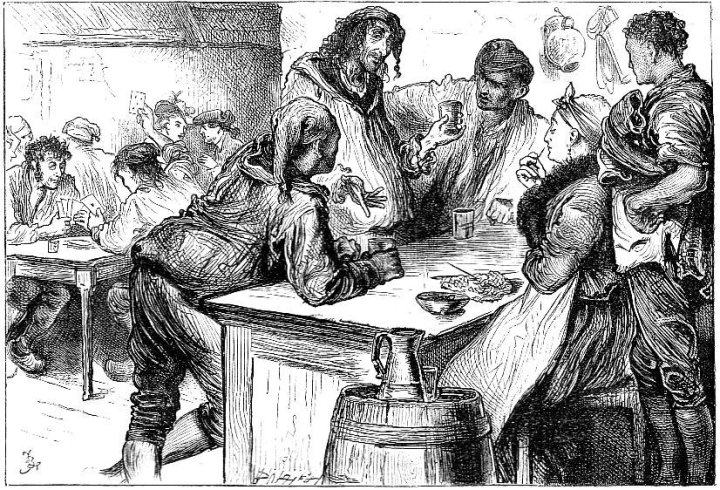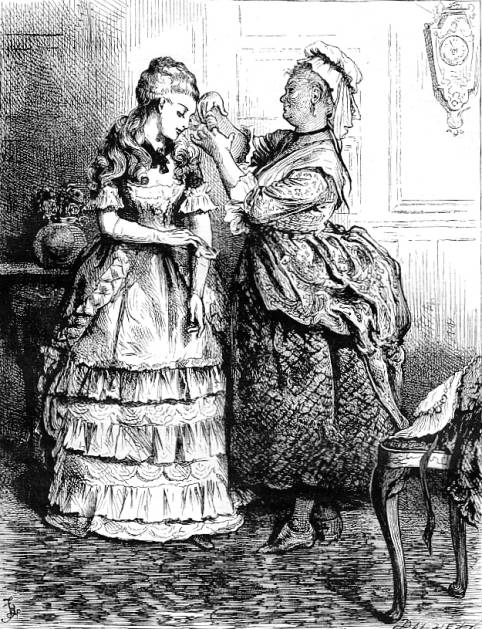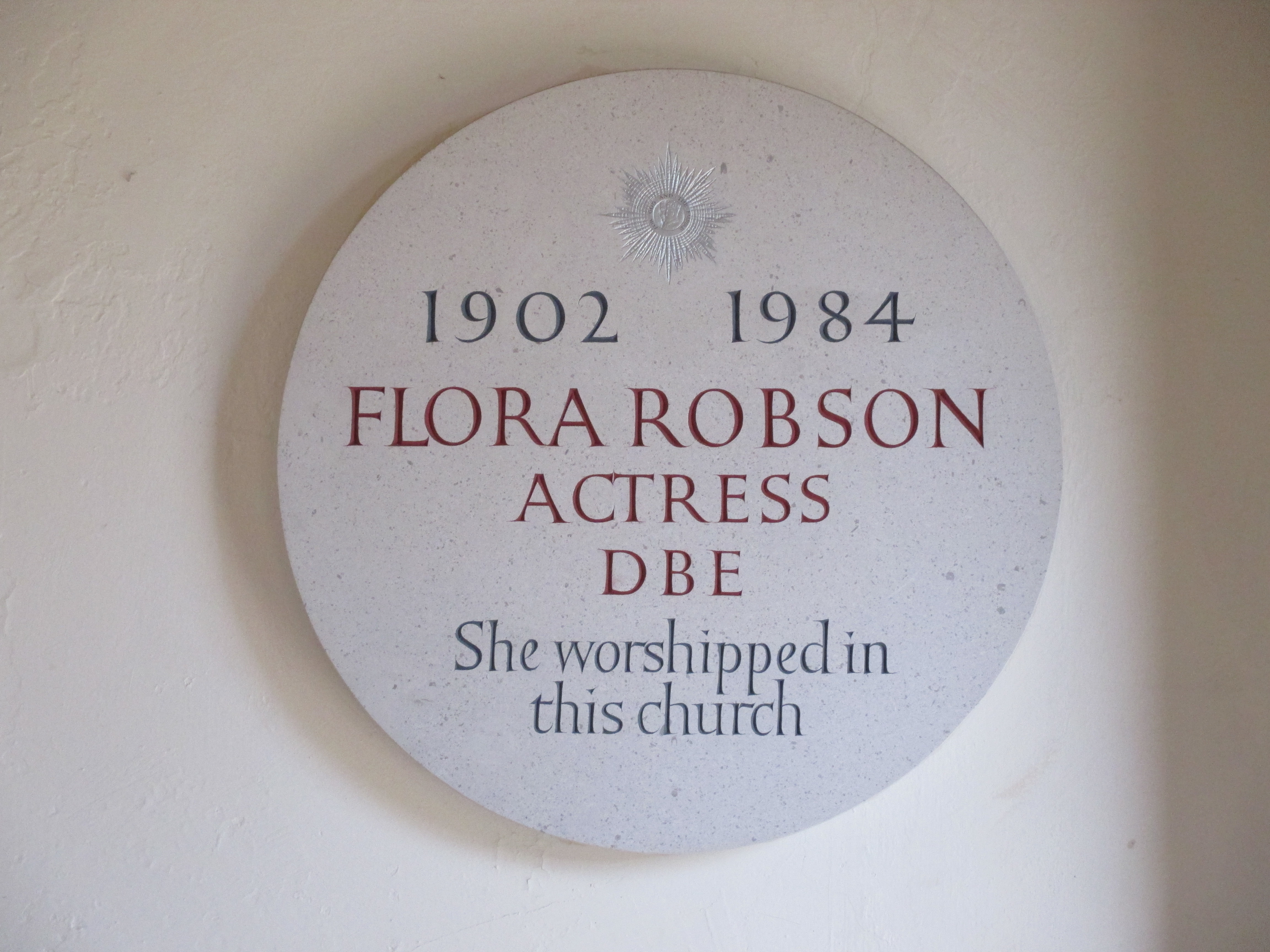|
A Tale Of Two Cities (1980 Film)
''A Tale of Two Cities'' is a 1980 American historical drama film made for TV, directed by Jim Goddard and starring Chris Sarandon, who plays dual roles as two characters who are in love with the same woman. It is based on the 1859 Charles Dickens novel of the same name set in the French Revolution. Premise A London lawyer (Sydney Carton) decides how much he will sacrifice for the woman he loves in Paris during the Reign of Terror. Cast * Chris Sarandon - Charles Darnay / Sydney Carton * Alice Krige - Lucie Manette * Peter Cushing - Dr. Alexandre Manette * Kenneth More - Jarvis Lorry * Barry Morse - Marquis St. Evrémonde * Flora Robson - Miss Pross * Billie Whitelaw - Madame Therese Defarge * Nigel Hawthorne - CJ Stryver * Norman Jones - Ernest Defarge * George Innes - Jerry Cruncher * David Suchet - John Barsad * Bernard Hug - Gaspard * Valérie de Tilbourg - Seamstress (credited as Valerie de Tilburg) * Robert Urquhart - Attorney General * Anna Manahan - Vengeance * ... [...More Info...] [...Related Items...] OR: [Wikipedia] [Google] [Baidu] |
A Tale Of Two Cities
''A Tale of Two Cities'' is a historical novel published in 1859 by Charles Dickens, set in London and Paris before and during the French Revolution. The novel tells the story of the French Doctor Manette, his 18-year-long imprisonment in the Bastille in Paris, and his release to live in London with his daughter Lucie whom he had never met. The story is set against the conditions that led up to the French Revolution and the Reign of Terror. In the Introduction to the ''Encyclopedia of Adventure Fiction'', critic Don D'Ammassa argues that it is an adventure novel because the protagonists are in constant danger of being imprisoned or killed. As Dickens's best-known work of historical fiction, ''A Tale of Two Cities'' is said to be one of the best-selling novels of all time. In 2003, the novel was ranked 63rd on the BBC's The Big Read poll. The novel has been adapted for film, television, radio, and the stage, and has continued to influence popular culture. Synopsis Book ... [...More Info...] [...Related Items...] OR: [Wikipedia] [Google] [Baidu] |
Sydney Carton
Sydney Carton is a central character in Charles Dickens' 1859 novel ''A Tale of Two Cities''. He is a shrewd young Englishman educated at Shrewsbury School, and sometime junior to his fellow barrister Stryver. Carton is portrayed as a brilliant but depressed and cynical drunkard who is full of self-loathing because of what he sees as his wasted life. He feels a deep unrequited love for Lucie Manette, who nevertheless inspires him to try to be a better person. Near the end of the novel, Carton manages to change places with Lucie's husband, Charles Darnay, hours before Darnay's scheduled execution in France, giving his life for Lucie's sake. Later, Lucie and Charles name their second son after Carton. Carton's character Sydney Carton is introduced into the novel ''A Tale of Two Cities'' as a young, sloppy, but brilliant barrister who bears an uncanny likeness to Charles Darnay (whose original name is Charles St. Evrémonde), the prisoner he is helping to defend. He uses his gre ... [...More Info...] [...Related Items...] OR: [Wikipedia] [Google] [Baidu] |
Madame Defarge
Madame Thérèse Defarge is a fictional character and the main antagonist of the 1859 novel ''A Tale of Two Cities'' by Charles Dickens. She is a ringleader of the tricoteuses, a tireless worker for the French Revolution, memorably knitting beside the guillotine during executions. She is the wife of Ernest Defarge. Some historians have suggested that Dickens based Defarge on Anne-Josèphe Théroigne de Mericourt, a revolutionary who played a key role in street demonstrations. She is one of the main villains of the novel, obsessed with revenge against the Evrémondes. She ruthlessly pursues this goal against Charles Darnay, his wife, Lucie Manette, and their child, for crimes a prior generation of the Evrémonde family had committed. These include the deaths of her nephew, sister, brother, father and brother-in-law. She refuses to accept the reality that Charles Darnay changed his ways by intending to renounce his title to the lands to give them to the peasants who worked on th ... [...More Info...] [...Related Items...] OR: [Wikipedia] [Google] [Baidu] |
Billie Whitelaw
Billie Honor Whitelaw (6 June 1932 – 21 December 2014) was an English actress. She worked in close collaboration with Irish playwright Samuel Beckett for 25 years and was regarded as one of the foremost interpreters of his works. She was also known for her portrayal of Mrs. Baylock, the demonic nanny in the 1976 horror film '' The Omen''. Early life Whitelaw was born in Coventry, Warwickshire,Prior to 1 April 1974 Coventry was in Warwickshire the daughter of Frances Mary (née Williams) and Gerry Whitelaw. She had one sister, Constance, who was 10 years older. Whitelaw grew up in a working class part of Bradford and later attended Grange Girls' Grammar School in Bradford. At age 11, she began performing as a child actress on radio programmes, including the part of Bunkle, an extrovert prep-schoolboy on Children's Hour from Manchester, and later worked as an assistant stage manager and acted with the repertory company at the Prince's Theatre in Bradford during high school ... [...More Info...] [...Related Items...] OR: [Wikipedia] [Google] [Baidu] |
Miss Pross
Miss Pross is a character in Charles Dickens' 1859 novel ''A Tale of Two Cities''. Miss Pross is the no-nonsense governess and friend of Lucie Manette. She is also the sister of Solomon Pross (later revealed to be the spy known as John Barsad). She accompanies Lucie to Dover when Lucie goes to France to retrieve her father, Dr. Alexandre Manette, after his release from the Bastille, but her stout English patriotism causes her to stay in England. She is Lucie's constant companion accompanying her to the trial of Charles Darnay, to church, to just about everything. She is Lucie's shadow and protector, and overcomes her dislike of everything not English to accompany Lucie to France when her husband Charles Darnay is arrested in Paris as an aristocrat. After Charles has been rescued and the rest of the family has departed for England, Miss Pross confronts Madame Defarge, who had come to their lodgings to capture Lucie and her young daughter. In the struggle that ensues, Madame Defar ... [...More Info...] [...Related Items...] OR: [Wikipedia] [Google] [Baidu] |
Flora Robson
Dame Flora McKenzie Robson (28 March 19027 July 1984) was an English actress and star of the theatrical stage and cinema, particularly renowned for her performances in plays demanding dramatic and emotional intensity. Her range extended from queens to murderesses. Early life Flora McKenzie Robson was born on 28 March 1902 in South Shields, County Durham, of Scottish descent to a family of six siblings. Many of her forebears were engineers, mostly in shipping. Her father was a ship's engineer who moved from Wallsend near Newcastle to Palmers Green in 1907 and Southgate in 1910, both in north London, and later to Welwyn Garden City. She was educated at the Palmers Green High School and the Royal Academy of Dramatic Art, where she won a bronze medal in 1921. Career Her father discovered that Flora had a talent for recitation and, from the age of 5, she was taken around by horse and carriage to recite, and to compete in recitations. This established a pattern that remained ... [...More Info...] [...Related Items...] OR: [Wikipedia] [Google] [Baidu] |
Marquis St
A marquess (; french: marquis ), es, marqués, pt, marquês. is a nobleman of high hereditary rank in various European peerages and in those of some of their former colonies. The German language equivalent is Markgraf (margrave). A woman with the rank of a marquess or the wife (or widow) of a marquess is a marchioness or marquise. These titles are also used to translate equivalent Asian styles, as in Imperial China and Imperial Japan. Etymology The word ''marquess'' entered the English language from the Old French ("ruler of a border area") in the late 13th or early 14th century. The French word was derived from ("frontier"), itself descended from the Middle Latin ("frontier"), from which the modern English word ''march'' also descends. The distinction between governors of frontier territories and interior territories was made as early as the founding of the Roman Empire when some provinces were set aside for administration by the senate and more unpacified or vulnerabl ... [...More Info...] [...Related Items...] OR: [Wikipedia] [Google] [Baidu] |
Barry Morse
Herbert Morse (10 June 19182 February 2008), known professionally as Barry Morse, was a British-Canadian actor of stage, screen, and radio, best known for his roles in the ABC television series '' The Fugitive'' and the British sci-fi drama '' Space: 1999''. His performing career spanned seven decades and he had thousands of roles to his credit, including work for the BBC and the Canadian Broadcasting Corporation. Beginnings Herbert Morse (he changed his name to Barry) was born on 10 June 1918, in the Hammersmith area of west London (Morse later claimed to have been born in Shoreditch in London's East End but publicly-accessible birth records confirm Hammersmith), a son of Charles Hayward Morse and Mary Florence Hollis Morse. His parents owned a tobacco shop. Morse was a 15-year-old errand boy when he won a scholarship to the Royal Academy of Dramatic Art. He performed the role of the Lion in ''Androcles and the Lion (play), Androcles and the Lion'', and as a result, came to ... [...More Info...] [...Related Items...] OR: [Wikipedia] [Google] [Baidu] |
Jarvis Lorry
Jarvis Lorry is a character in Charles Dickens' 1859 novel, '' A Tale of Two Cities''. Overview Jarvis Lorry is one of the oldest employees of Tellson's Bank, and he frequently deals with the bank's offices in London and Paris. He is a confirmed bachelor and a man of business, describing himself as not much else than a speaking machine. He nevertheless shows an awkward sympathy towards Dr. Alexandre Manette and his daughter Lucie. While serving in Tellson's Paris office, Lorry takes the infant Lucie to safety in London after her father is imprisoned in the Bastille. When the novel begins in 1775, the 60-year-old Lorry receives a message from Jerry Cruncher, another Tellson's employee, informing him of Dr. Manette's release. He escorts the now-adult Lucie to reunite with her father in Paris, but is troubled by what they will both find on their arrival, and brings them back to London. Five years later, when Charles Darnay is arrested on suspicion of treason against the Brit ... [...More Info...] [...Related Items...] OR: [Wikipedia] [Google] [Baidu] |
Kenneth More
Kenneth Gilbert More, CBE (20 September 1914 – 12 July 1982) was an English film and stage actor. Initially achieving fame in the comedy ''Genevieve'' (1953), he appeared in many roles as a carefree, happy-go-lucky gent. Films from this period include ''Doctor in the House'' (1954), '' Raising a Riot'' (1955), '' The Admirable Crichton'' (1957), '' The Sheriff of Fractured Jaw'' (1958) and '' Next to No Time'' (1958). He also played more serious roles as a leading man, beginning with '' The Deep Blue Sea'' (1955), ''Reach for the Sky'' (1956), '' A Night to Remember'' (1958), '' North West Frontier'' (1959), '' The 39 Steps'' (1959) and ''Sink the Bismarck'' (1960). Although his career declined in the early 1960s, two of his own favourite films date from this time – '' The Comedy Man'' (1964) and '' The Greengage Summer'' (1961) with Susannah York, "one of the happiest films on which I have ever worked."Kenneth More (1978) ''More or Less'', Hodder & Stoughton. He also en ... [...More Info...] [...Related Items...] OR: [Wikipedia] [Google] [Baidu] |
Alexandre Manette
Doctor Alexandre Manette is a character in Charles Dickens' 1859 novel '' A Tale of Two Cities''. He is Lucie's father, a brilliant physician, and spent eighteen years "in secret" as a prisoner in the Bastille prior to the French Revolution. He is imprisoned because in the course of his medical practice he learns of abusive actions by two members of the aristocratic Evrémonde family. While realizing the power at court of nobles such as the Evrémondes, Manette reports them to a minister of the royal government. He is seized from his young family and imprisoned under a '' lettre de cachet''. Character and plot At the start of the novel, Manette has been recently released from the Bastille after a long imprisonment. He is briefly given shelter in Paris by his former servant Ernest Defarge (who will subsequently be a leader of the storming of the Bastille) and is then reunited with his daughter Lucie. He does nothing but make shoes, a pastime that he adopted to distract himself ... [...More Info...] [...Related Items...] OR: [Wikipedia] [Google] [Baidu] |
Peter Cushing
Peter Wilton Cushing (26 May 1913 – 11 August 1994) was an English actor. His acting career spanned over six decades and included appearances in more than 100 films, as well as many television, stage, and radio roles. He achieved recognition in his home country for his leading performances in the Hammer Productions horror films from the 1950s to 1970s, while earning international prominence as Grand Moff Tarkin in ''Star Wars'' (1977). Born in Kenley, Surrey, Cushing made his stage debut in 1935 and spent three years at a repertory theatre before moving to Hollywood to pursue a film career. After making his motion picture debut in the film '' The Man in the Iron Mask'' (1939), Cushing began to find modest success in American films before returning to England at the outbreak of the Second World War. Despite performing in a string of roles, including one as Osric in Laurence Olivier's film adaptation of ''Hamlet'' (1948), Cushing struggled greatly to find work during this ... [...More Info...] [...Related Items...] OR: [Wikipedia] [Google] [Baidu] |
.jpg)



.jpg)

_trailer_-_Peter_Cushing.jpg)